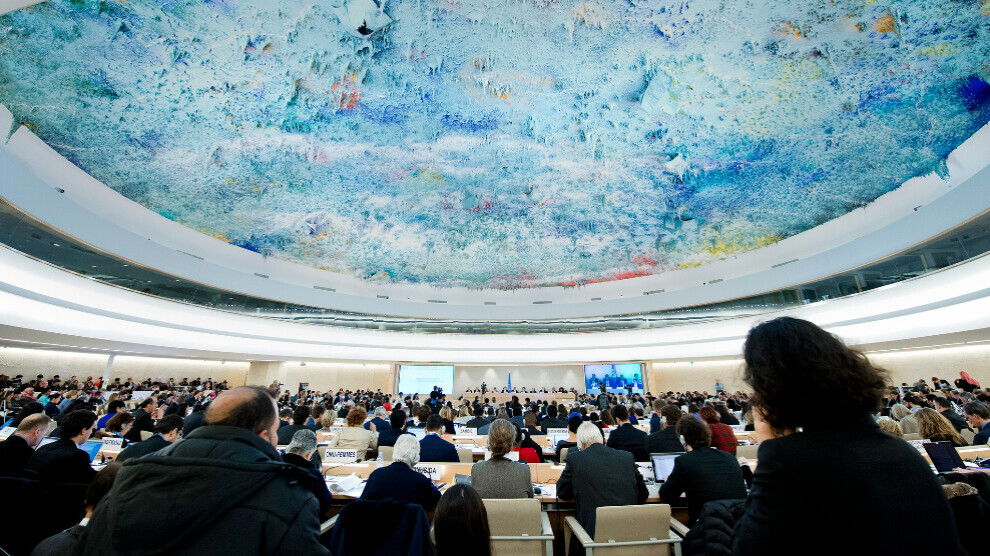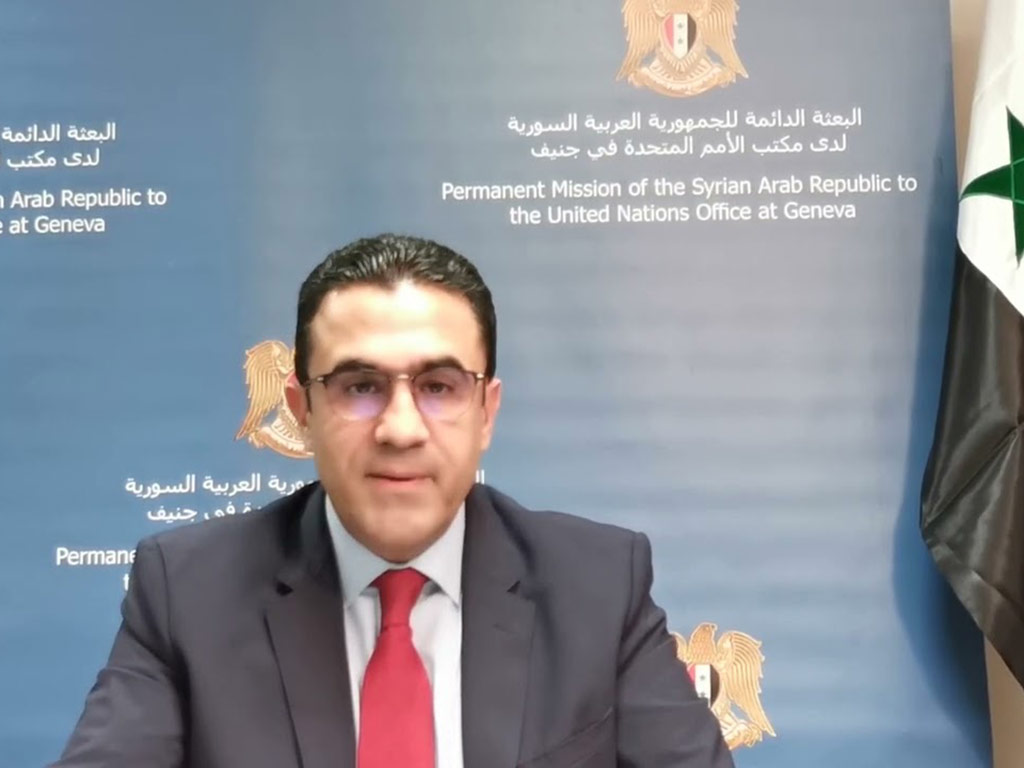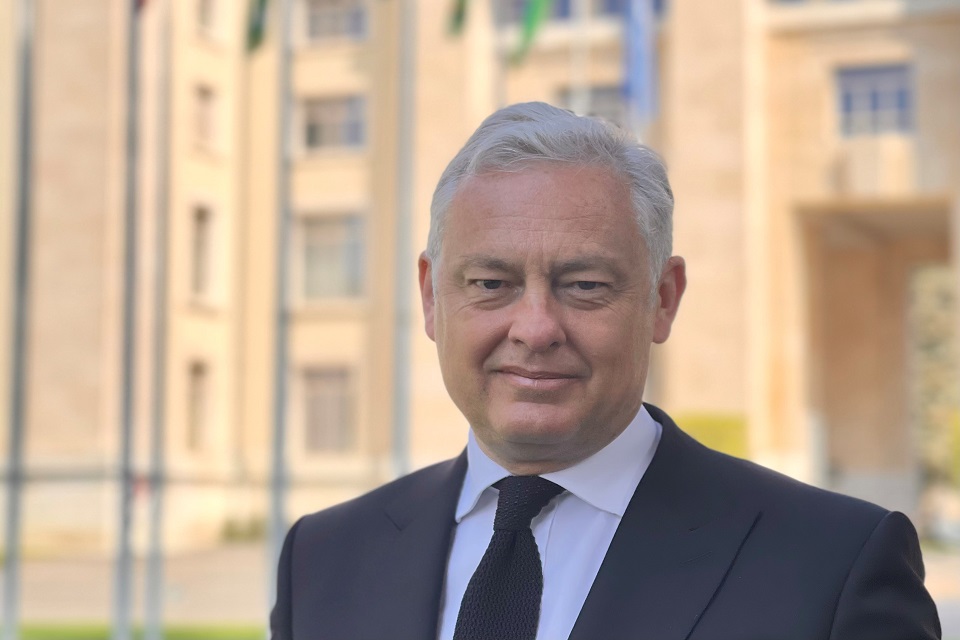



Human rights groups, including Amnesty International, have condemned Lebanon for its unlawful practices against Syrian refugees. These practices include torture, unlawful deportations, and ill-treatment, which go against Lebanon's international obligations [ea17416c].
Syrian refugees in Lebanon have faced increasing hostility, including arbitrary arrests and summary deportations. International organizations have reported that Syria is unsafe for refugees to return due to human rights abuses, including arbitrary detainment, torture, and enforced disappearance [ea17416c].
The joint statement by human rights groups proposes recommendations to halt these practices, such as granting the opportunity to challenge deportation orders before the courts and preventing the dissemination of misinformation or hate speech about Syrian refugees [ea17416c].
Amnesty International has also criticized the European Union for providing Lebanon with a $1 billion aid package that inadvertently funds human rights abuses [ea17416c].
The joint statement calls for international action to protect the human rights and dignity of Syrian refugees in Lebanon [ea17416c].
In a statement delivered at the UN Human Rights Council 56, the UK's Permanent Representative to the WTO and UN, Simon Manley, expressed concern about the treatment of Syrian refugees returning to Syria. The UK acknowledges the systematic and widespread human rights violations in Syria, with civilians being the innocent victims of violence and attacks by the Assad regime, Russian allies, and armed groups. The UK cited reports of gross human rights violations and abuses, including arbitrary detention and ill-treatment, and called for accountability for those who have violated the rights of detainees. The UK seeks support from the international community in this regard [3b88ef26].
The Syrian Government has criticized the Commission of Inquiry on Human Rights, considering its conclusions unprofessional and disconnected from reality. Syria's permanent representative at the United Nations Office in Geneva, Haider Ali Ahmed, accused the Commission of covering up crimes perpetrated by aggressors and occupiers, as well as parties supporting separatist militias and terrorist groups in Syria. The representative also accused countries supporting the Commission's work of being involved in the murders and displacements of Syrians. Syria will continue its fight against terrorism and work with the United Nations and other partners to improve the humanitarian situation of its citizens. Syria will also collaborate with countries that believe in international law to defend the true mandate of the Human Rights Council [2732489e].
In areas of northern Syria where Turkey exercises effective control, Human Rights Watch has documented a pattern of abductions, arbitrary arrests, unlawful detention, torture, and sexual violence in detention. The 80th Session of the United Nations (UN) Committee Against Torture and Other Cruel, Inhuman or Degrading Treatment or Punishment began on 8 July and will continue until 26 July. Within the scope of the sessions, crimes committed by the Turkish state will also be discussed. The session, where representatives of non-governmental organizations that submit reports to the sessions on Turkey will attend and questions will be asked to Turkey, will take place on 17-18 July. Human Rights Watch submitted a report to the sessions, drawing attention to the torture and ill-treatment in Turkish prisons and the war crimes committed in the Northern and Eastern Syrian regions occupied by the Turkish state and its affiliated armed groups. The report identifies the responsibility of Turkey as the occupying power to curb and ensure accountability for ongoing abuses including torture and enforced disappearances in areas of Syria under its control. The report also highlights cases of enforced disappearances of Turkish nationals in Turkey and abroad, as well as incidents of violence and coercion against Syrian and Afghan nationals attempting to cross the border into Turkey. In March 2024, a Tajik opposition activist living as a registered asylum seeker in Istanbul disappeared, with reports that he was unlawfully removed to Dushanbe where there are fears that he has been tortured in detention. The report calls for the UN Committee Against Torture to request an explanation from the Turkish state regarding these war crimes [8cc48551].